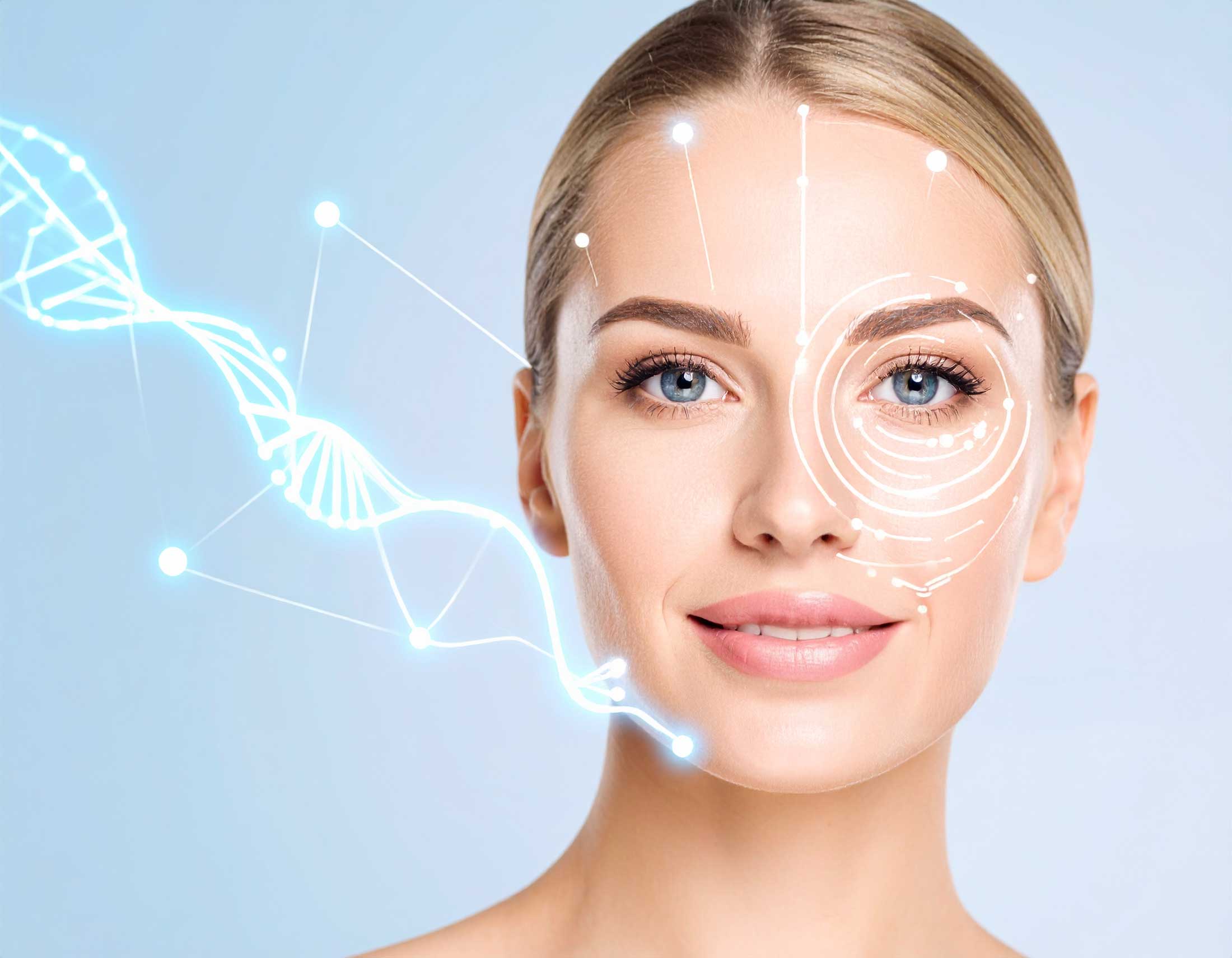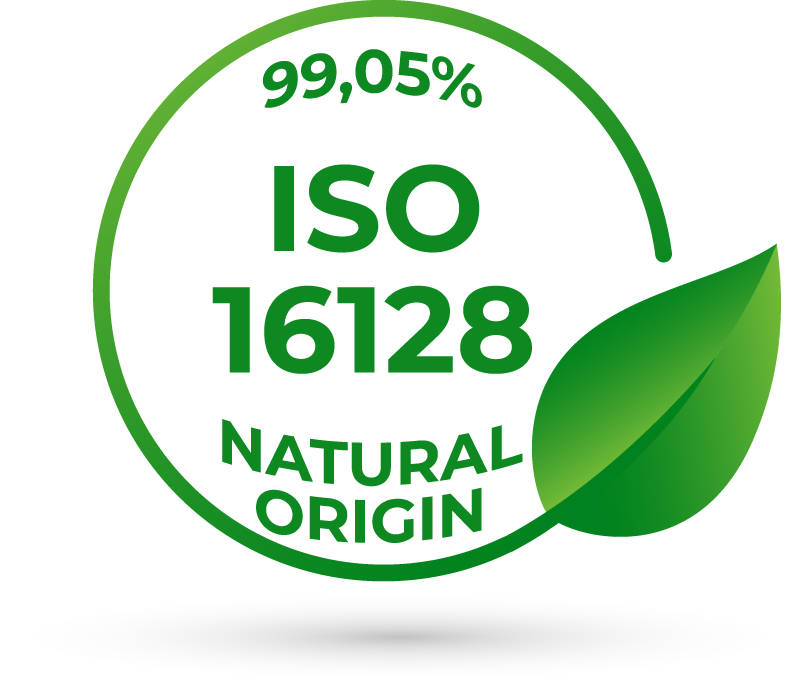Dental health in old age

Dental health in old age
How oral care needs change with age and which products are most suitable
Our oral health is an important aspect of our overall wellbeing that is often underestimated as we age. While we promote and maintain our dental health in our youth and middle age, it is just as crucial to maintain these efforts as we age. Why? Because our oral care needs change as we age. In this article, we take an in-depth look at how dental health evolves as we age and what products and interventions are best suited to support it.
Changes in oral health in old age
As we age, our oral health undergoes a variety of changes that can have a direct impact on our overall health and quality of life.
These changes include:
- Tooth loss: Tooth loss is more common with age, whether due to tooth decay, periodontal disease or other health problems. Tooth loss can affect chewing and speaking functions and impair self-confidence.
- Dry mouth (xerostomia): Saliva production decreases with age, which can lead to dry mouth. This problem is not only unpleasant, but also increases the risk of tooth decay and other oral problems, as saliva plays an important role in neutralizing acids and protecting the teeth.
- Gum disease: Older people have an increased risk of gum disease such as gingivitis and periodontitis, which can lead to tooth loss if left untreated.
- Sensitive teeth: Teeth often become more sensitive with age, which can make eating and drinking painful. This can be due to the breakdown of tooth enamel and exposed tooth necks.
- Changes in the oral mucosa: The oral mucosa becomes thinner with age and more susceptible to injury, infection and inflammation.
Products and measures for dental care in old age
The good news is that there are a variety of products and measures that can help older people maintain their oral health:
- Electric toothbrushes: Electric toothbrushes are particularly effective at removing plaque and cleaning the gum line. They are also easier to handle than manual toothbrushes and are therefore ideal for people with limited mobility.
- Special toothpastes: There are toothpastes that have been specially developed for sensitive teeth. These often contain soothing ingredients that can reduce pain and strengthen tooth enamel.
Some toothpastes also contain a higher concentration of fluoride to reduce the risk of tooth decay. - Mouthwashes: Mouthwashes with fluoride can help prevent tooth decay and freshen breath. For people with dry mouth, there are special mouthwashes that moisturize and protect the mucous membrane.
- Dental floss and interdental brushes: Cleaning the spaces between the teeth is crucial to remove plaque and food debris that can accumulate there. Dental floss and interdental brushes are essential for this.
- Denture cleaner: Special cleaning agents are necessary for people with dentures to prevent bacterial growth and bad breath.
- Tongue scraper: A tongue scraper can help reduce bad breath by removing tongue plaque, which is often the cause of bad breath.
- Adjusting your diet: A balanced diet with sufficient intake of calcium and vitamin D is important to maintain healthy teeth and bones.
- Regular visits to the dentist: Regardless of age, regular visits to the dentist are crucial for oral health. The dentist can detect and treat problems early, which reduces the risk of tooth loss and other complications.
Conclusion
Dental health in old age requires special attention and care. With the right products and a consistent oral care routine, older people can keep their teeth and gums healthy. It is important to pay attention to changes in oral health and adapt care accordingly. This way, a radiant smile and a good quality of life can be enjoyed even in old age. Remember that oral health is not just an aesthetic concern, but is also important for overall health. Invest in your dental health to lead a happy and healthy life.









